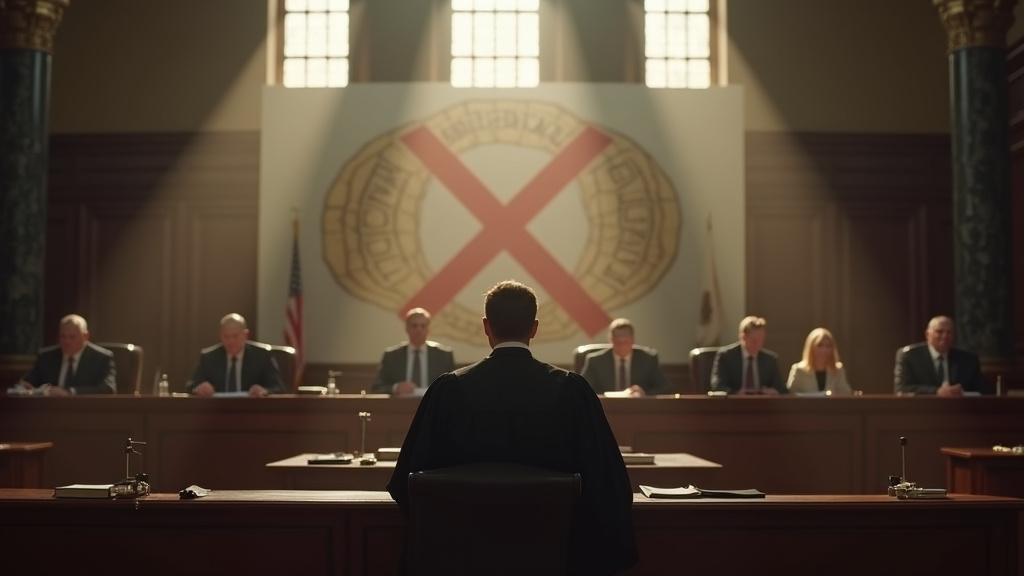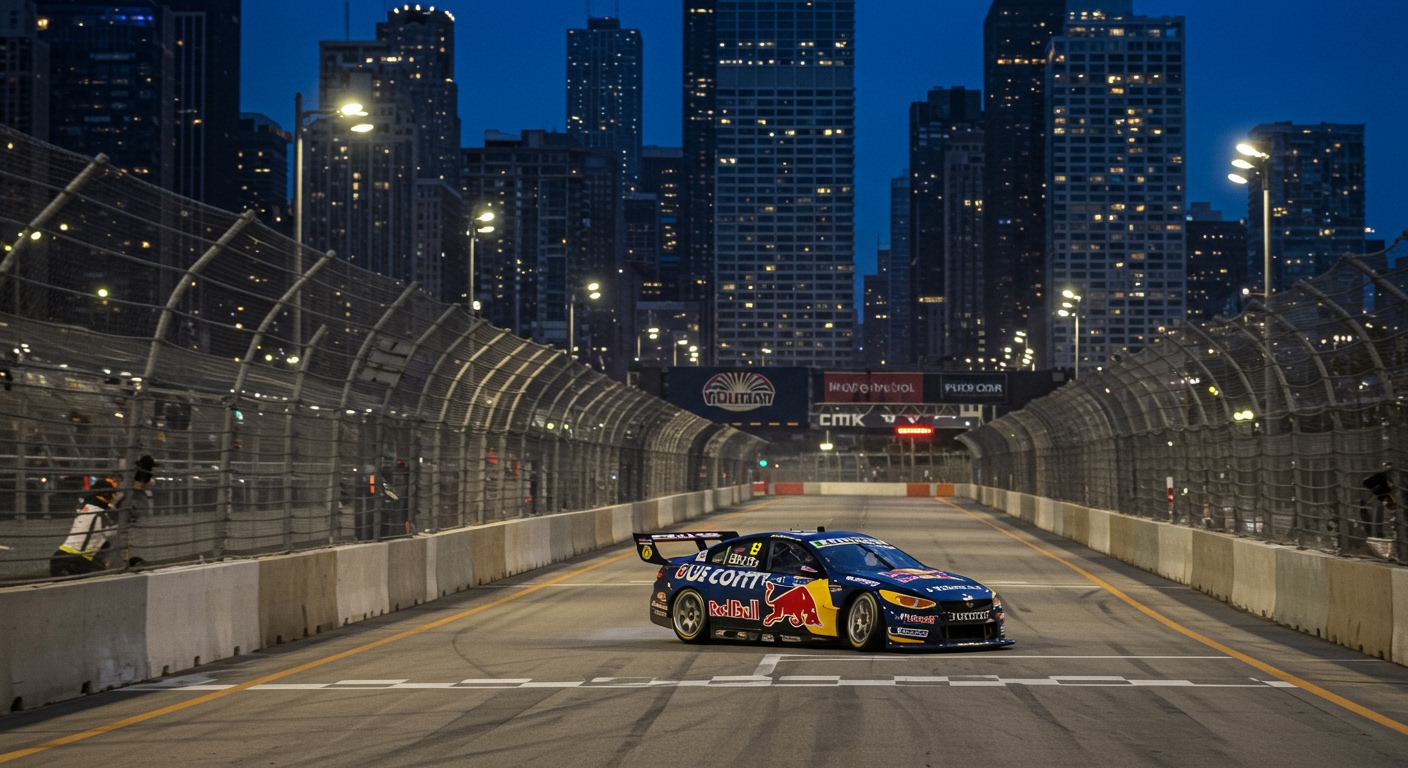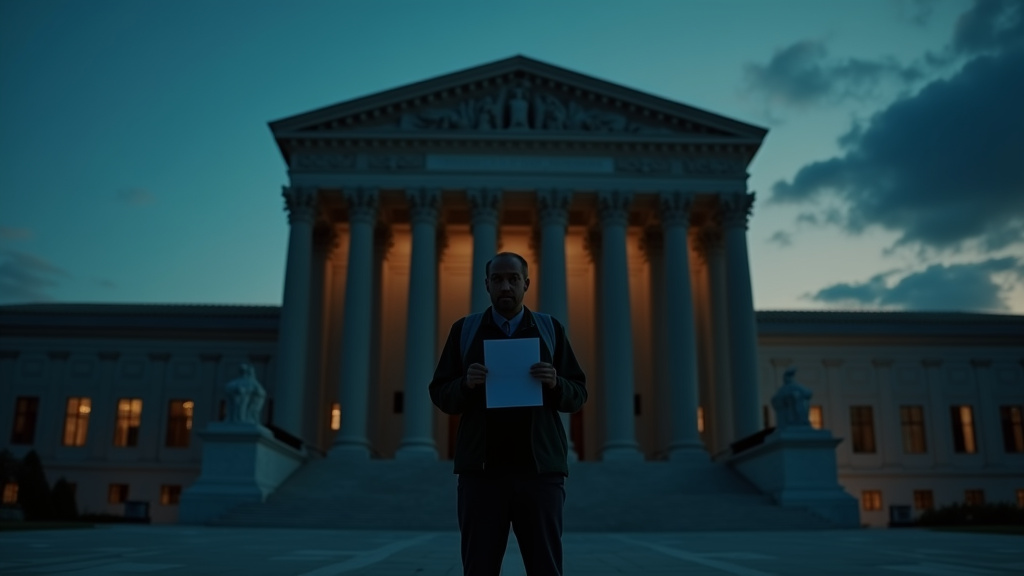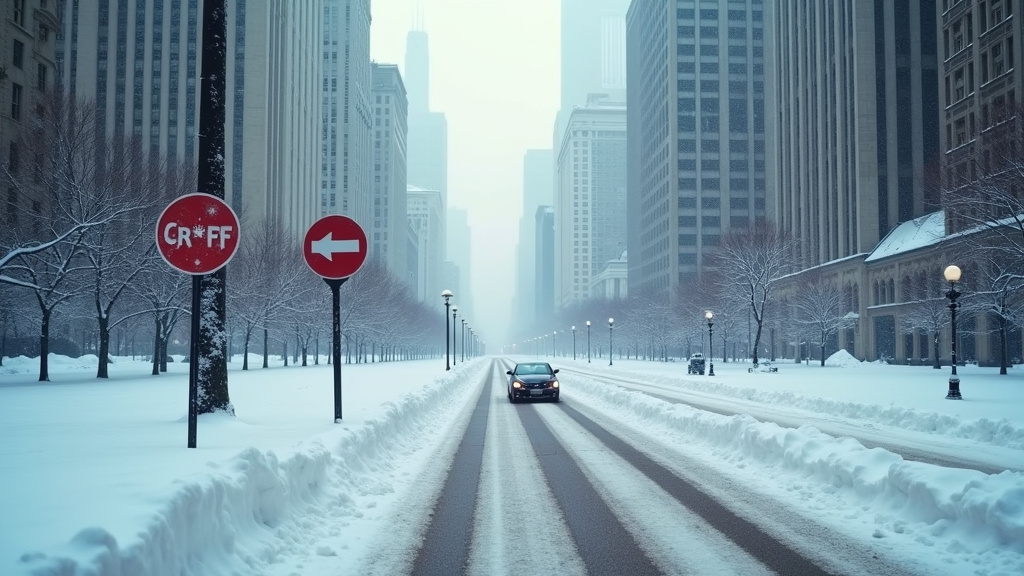CHICAGO – U.S. Immigration and Customs Enforcement (ICE) has arrested nearly 550 individuals in the Chicago area as part of “Operation Midway Blitz,” a broad immigration enforcement surge that began September 8, 2025. The operation, described by officials as targeting “criminal illegal aliens,” has sparked significant backlash, leading to protests, clashes with law enforcement, and a fatal shooting.
Details of Operation Midway Blitz
“Operation Midway Blitz” was announced by the Department of Homeland Security (DHS) as a multi-agency effort aimed at those residing in Illinois illegally who have criminal records. DHS stated the operation was launched in honor of Katie Abraham, an Illinois woman killed in a drunk driving incident involving an undocumented immigrant. Officials emphasized the operation’s focus on individuals who pose a public safety threat and have outstanding removal orders, or who have committed crimes. Marcos Charles, acting head of ICE’s Enforcement and Removal Operations, indicated that approximately 50-60% of the arrests were “targeted,” meaning ICE was specifically looking for those individuals due to criminal histories or final orders of removal. The remaining arrests were “collateral,” involving individuals encountered during operations who were found to be in the country illegally but were not the primary targets.
Officials stated that the operation has been successful, with no safety issues reported for their officers or those arrested. However, the scope of the enforcement has extended beyond Chicago, reportedly covering the entire state of Illinois and neighboring Lake County, Indiana.
Tactics and Community Concerns
The operation has drawn significant concern from immigrant advocacy groups and local officials who criticize the tactics employed by ICE agents. Reports indicate the use of unmarked vehicles, masked officers, and alleged “deceptive” practices that have sown fear in immigrant communities. Cook County Board President Toni Preckwinkle stated that these tactics “create fear in our neighborhoods and erodes trust in law enforcement”.
Activists report that ICE has targeted locations like Home Depot, where day laborers gather, which contradicts earlier promises from DHS that such sites would not be targeted. There have also been accounts of U.S. citizens being briefly detained during the sweeps, raising questions about the precision of the operations.
Protests and Use of Force
Protests against “Operation Midway Blitz” have been frequent, particularly outside the ICE processing center in Broadview, a Chicago suburb. During one demonstration, federal agents deployed pepper balls and tear gas to disperse a crowd attempting to block vehicles, leading to the arrest of approximately 10 protesters, including a congressional candidate who was reportedly thrown to the ground. ICE officials defended their use of force, stating agents are responding to increasingly non-compliant suspects and that force is used when an officer’s life is threatened.
Fatal Shooting Amidst Operation
Tensions escalated significantly following the September 12 shooting death of Silverio Villegas-Gonzalez by an ICE officer in Franklin Park, a Chicago suburb. DHS stated Villegas-Gonzalez resisted arrest, attempted to flee, and dragged an ICE officer with his vehicle before the officer fired his weapon, fearing for his life. Villegas-Gonzalez’s family disputes aspects of the official account, and Governor JB Pritzker has called for greater transparency from ICE regarding the incident, noting that state authorities lack the resources to investigate federal law enforcement actions.
Official Reactions and Broader Implications
Chicago Mayor Brandon Johnson and Governor Pritzker have voiced strong opposition to the operation, criticizing the lack of notice and the perceived aggressive nature of the federal enforcement. Critics argue that such tactics escalate tensions and are counterproductive, potentially harming community trust and safety. The operation has also been met with support from some political figures who view it as fulfilling promises to deport undocumented immigrants.
The ongoing “Operation Midway Blitz” has become a trending topic in Chicago news, reflecting the popular and contentious nature of immigration enforcement. The DHS has indicated the operation has no set end date, suggesting continued enforcement activities in the region. The broader implications of these intensified raids include increased fear within immigrant communities, ongoing legal and political challenges, and a deepening of the national debate on immigration policy, particularly in “sanctuary cities” like Chicago. The operation highlights a significant escalation in federal immigration enforcement actions in major urban centers across the United States.















